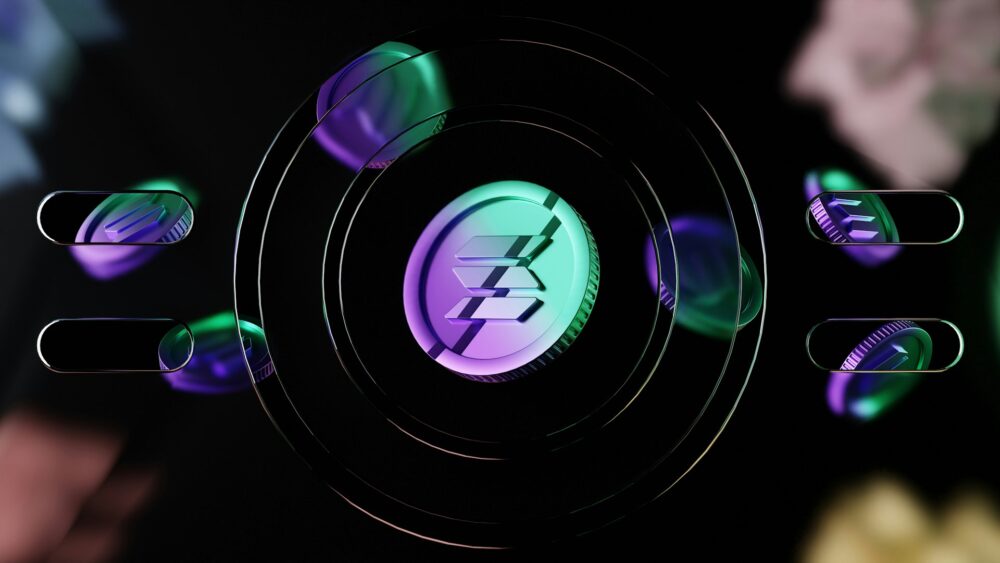Canadian-based blockchain infrastructure company, Sol Strategies (CNSX: HODL) (OTCMKTS: CYFRF) signed a non-binding memorandum of understanding with Superstate to help tokenize its shares so they can be sold on the Solana blockchain.
The innovative approach caused ripples throughout the markets on Thursday and caused the company’s share price to jump over 20 per cent.
Furthermore, Superstate’s platform is called Opening Bell. It supports SEC-registered public equities issued and traded directly on blockchain networks. The platform also expands investor access, enables real-time settlement, and fosters interoperability with decentralized finance protocols. SOL Strategies aims to become the first public issuer to explore this regulated pathway.
This exploration advances SOL Strategies’ mission to build institutional trust in Solana’s infrastructure. It also helps expand participation in decentralized networks. As on-chain activity grows from real-world assets to decentralized finance the company expects its validator operations to benefit from the network’s expansion.
Leah Wald, the CEO of Sol Strategies indicates that her company’s goal is to stay ahead of innovation.
“We believe publicly listed tokenized equity represents a natural evolution in capital markets, and Solana’s high-performance network is the ideal foundation for that future,” said Wald.
At this stage, SOL Strategies is not tokenizing shares and has no plans to issue derivative tokens.
Additionally, the company does not intend to convert existing equity into tokenized form. It is evaluating this opportunity through a measured, compliance-driven process. This evaluation does not impact shareholders or operations.
The initiative does not change listing status or require action from current shareholders. Sol also has not set a timeline, as regulatory developments continue to shape the process.
Read more: Florida joins long list of states to kill Bitcoin bills
Read more: TeraWulf soars 17% on expansion into AI and high performance computing
Solana resolves scaling issues with other blockchains
Solana is a high performance blockchain platform designed for decentralized applications (dApps) and crypto assets. Launched in 2020, Solana aims to solve the scalability and speed issues that challenge other blockchains like Ethereum and Bitcoin. It offers extremely fast transaction processing, with the network capable of handling thousands of transactions per second (TPS) while maintaining low fees.
Solana achieves this performance through a unique hybrid consensus mechanism combining Proof of History (PoH) with Proof of Stake (PoS). PoH creates a cryptographic timestamp that verifies the order of events, allowing the network to process transactions more efficiently. Validators then confirm these transactions using PoS, which adds a layer of security and decentralization.
The developers built Solana for speed and cost-efficiency. While Ethereum can handle around 30 TPS (without rollups), Solana can process over 65,000 TPS under optimal conditions. Transaction fees are typically fractions of a cent, making it an appealing platform for high-volume use cases like gaming, DeFi, and NFTs.
Another differentiator is Solana’s architecture, which keeps all transactions on a single global state. This design avoids the fragmentation seen in systems using sidechains or rollups. Developers also benefit from Solana’s growing ecosystem, with support for tools and integrations across wallets, decentralized exchanges, and on chain programs.
Despite some past network outages, Solana continues to attract attention for its scalability, developer support, and expanding institutional interest. As Web3 adoption grows, Solana positions itself as a blockchain built for mass-market applications.














